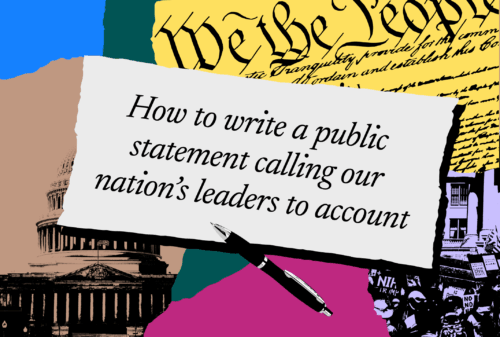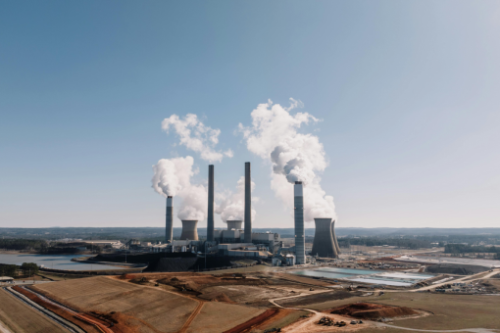
Knock on a door in Indiana and ask about views on coal-fired power plants, and you’re likely to get a partisan response. But ask about impacts of coal power plants on household bills… and watch that partisan divide disappear.
It’s an insight we got in recent online opinion research statewide in Indiana in partnership with Citizens Action Coalition (CAC). Here’s the essence:
When we asked Indiana residents whether they think generating energy with coal or with other energy sources is more expensive, just 12 percent of Republicans said coal is more expensive — compared to 41 percent of Democrats. A pretty stark partisan divide.
When we asked about keeping coal plants open that are scheduled to be shut down soon, respondents again split along party lines: Republicans were 33 percentage points more likely than Democrats to say the retiring plants should stay open.
Both of those questions centered on the energy source itself, and little else.
When we shifted gears and asked about a potential measure to stop utilities from charging customers for coal power if it isn’t the lowest-cost energy available, the picture changed. Approximately eight in 10 Democrats and Republicans alike said they’d support that measure. The partisan divide evaporated.
Even on the question of moving away from coal power plants themselves, we found Republicans became much more favorable about aging coal plants retiring once they learned how much they’re paying for those plants on their bills – and how it’s a bailout for the utility.
The folks at Frameworks crystallize it well in their writings on mindsets: how we frame a conversation affects what mindset is cued as the listener considers the topic.
These findings on the widespread resonance of household costs and corporate bailouts and profiteering were nothing new to the folks at CAC, who know their state and residents well. And the results are in line with recent data showing the persistence of core concerns around living expenses. We know there is also deep distrust of big corporations and the powers that be.
“We’re not into energy politics”
There’s affirmation here for similar approaches that have been underway for years. Seeing the research from Indiana, I was reminded of this 2021 Deseret News op-ed by the Utah Taxpayers Association (UTA). “Energy sources are a hot topic,” UTA wrote. “There’s geothermal being discussed in southwest Utah, hydrogen at the Intermountain Power Project, nuclear next door in Idaho, and then of course wind, solar, gas and coal.”
“For some, these spark fierce views on one source versus another,” the UTA column continued. “Not for us. We’re not into energy politics, and we don’t take positions on the sources of technologies themselves. But […] we believe strongly that the taxpayers and communities of Utah should not act as venture capitalists for risky bets.”
The “risky bet” UTA was referring to at the time was a small modular nuclear reactor that towns and communities in Utah were being asked to fund. The UTA focused their messaging on the impacts on Utahns from a project whose costs were uncertain and ever rising. “Imagine you picked up a gallon of milk that was labeled at $4,” UTA noted, “but by the time you made it to the cash register, the price had gone up.” That reactor proposal was eventually canceled due to lack of local support.
If UTA had gone into Utah towns talking about all of the various considerations around different energy sources – solar, wind, nuclear, gas or coal – that could have sparked quite a range of reaction, and likely more controversy given politicization and local experience. But the framing around cost and who shoulders the risk – combined with UTA’s credibility on it – averted that fate. UTA could prime residents and local leaders to think on the matter as taxpayers and bill payers rather than as progressives or conservatives hewing a partisan line.
Of course this approach won’t work with every individual. There will always be the nasty social media commenter. And it may well matter who the message is coming from – whether it’s a consumer organization, a taxpayer group, a farm bureau, or a public health or clean energy advocate. But there are plenty of examples of this being done well.
In order to make headway in any challenging terrain, we need to keep finding ways to cue the most productive mindsets.
More Insights and Resources


Building Power for Immigrant Justice with Data-informed Audience Selection

